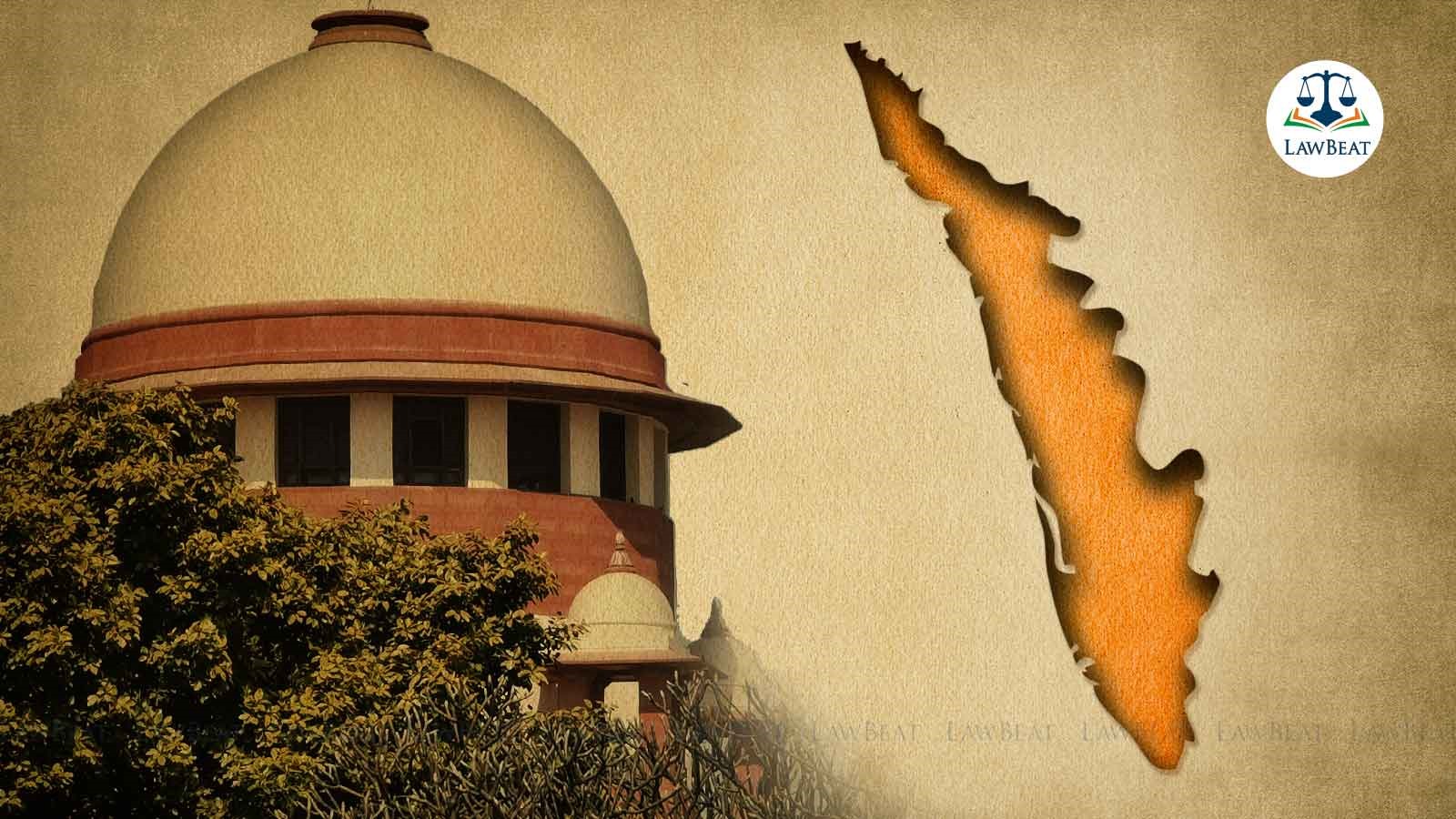Supreme Court issues notice on Kerala's plea against Union Governments' interference with its finances

Union of India does not have the constitutional right or authority to issue directives to the State Government under Article 293 of the Constitution which have the potential to damage the federal structure by transgressing upon the exclusive financial domains of the State, the plea states
Supreme Court on Friday issued notice on the State of Kerala's plea against the Union government's alleged interference with the finances of the State.
Kerala has submitted that the Union has imposed a Net Borrowing Ceiling on the State in the manner deemed fit by it, which limits borrowings from all sources including open market borrowings and by further reducing the Net Borrowing Ceiling by including aspects into the “borrowing” of the State which, otherwise, are not “borrowings” as contemplated under Article 293 of the Constitution.
A division bench of Justices Surya Kant and KV Vishwanathan has listed the matter on January 25, 2023.
Kerala has instituted an Original Suit under Article 131 of the Constitution of India against the Union of India invoking the original jurisdiction of the Supreme Court.
"If the State is not able to borrow to the extent required based on the budget of the State, the State would not be able to complete its State Plans for the particular financial year. Therefore, it is essential for the progress, prosperity and development of the State and the people of the State that the State is able to exercise its constitutional rights and its borrowings are not impeded in any manner...", the suit states.
Kerala has further challenged the amendment to the Fiscal Responsibility and Budget Management Act, 2003 (Act 39 of 2003) vide the amendment no. 13 of 2018, whereby Centre has substituted Section 4(1) of the Principal Act, inter alia, to newly introduce Clauses (b) and (d) whereby the term "General Government Debt" was added.
"The Defendant through the Impugned Amendments has encroached into the legislative domain of the Plaintiff State as F “Public Debt of the State” is an item exclusively in the State List in the Seventh Schedule under Article 246 of the Constitution. The Impugned Amendments, which are ultra vires the Constitution would potentially be used to thwart the powers of the Plaintiff State...", court has been told.
In this backdrop a declaration has been sought saying that the State enjoys complete, exclusive and independent plenary 330 powers to regulate and manage its public debt, Public Account and liabilities and borrowings under Articles 199, 202, 203, 246, 266 and other provisions of the Constitution.
"Declare and hold that the Defendant Union has no right, power or authority to regulate, interfere with, fetter, limit and/ or impose any conditions on the borrowings by the Plaintiff State including under Article 293(3) and Article 293(4) of the Constitution or otherwise, except for conditions that may be imposed in respect of specific loans of the Plaintiff State availed from the Defendant Union of India or raised on the security of guarantees issued by the Defendant Union of India, as provided for under Article 293(2) of the Constitution...", the plea adds.
In July this year, State of Punjab had also approached the Top Court challenging refusal by the Union Government of reimbursing statutory charges (market fees and rural development fee “RDF”) levied by the State on procurement of food grains, done in pursuance of the national policy to ensure food security across the country.
Punjab submitted that though the act of the State is constitutionally valid, as per Article 246(3) of the Constitution read with List III of the Seventh Schedule, market and rural development fee in their favour is not being disbursed by the Union.
Case Title: State of Kerala vs. Union of India
